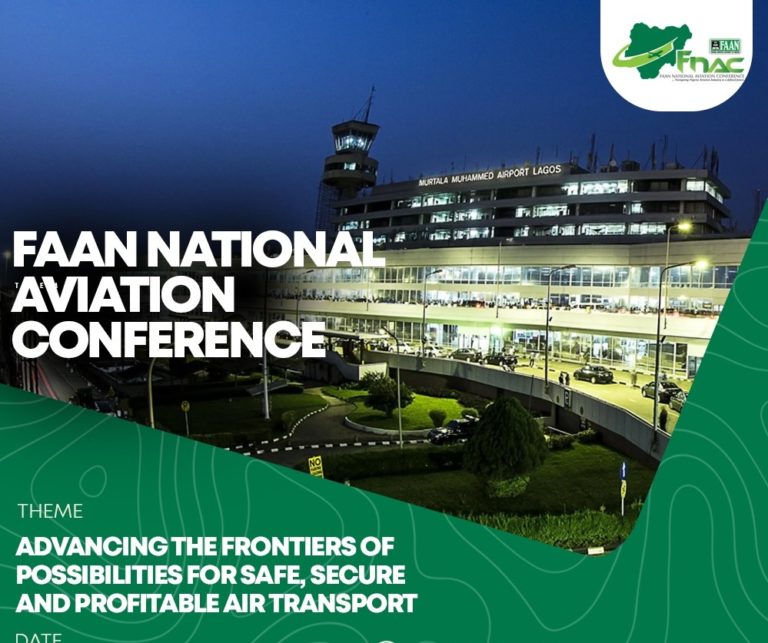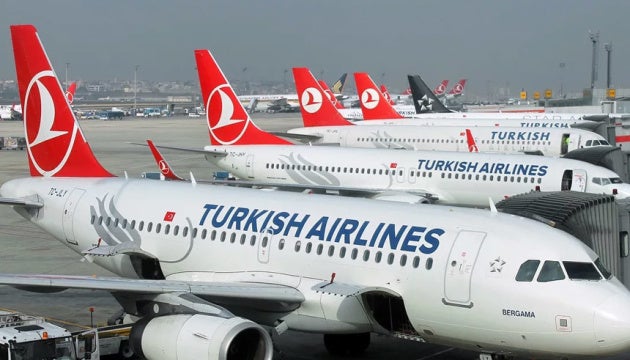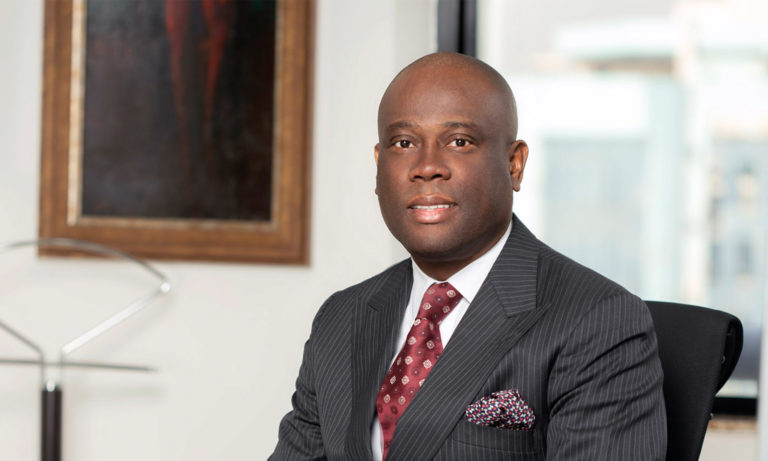Entrepreneurs are beautiful brides in any developing society. But Nigeria’s development is under threat due to government’s stringent tax policies, under which entrepreneurs groan, writes NNAMDI ABANA
In Nigeria, entrepreneurs face a lot of challenges in establishing and consolidating their enterprises. Several challenges confront entrepreneurship in the country; while some are minor, others are complex.
Despite the influx of enterprises in Nigeria, there are critical issues that need to be addressed, especially stringent tax policies, which have been a clog in the wheel of progress for many enterprises in the country.
Some entrepreneurs are compelled to close shop due, mainly, to tax-related issues such as multiple taxation and enormous tax burden.
According to the Small and Medium Enterprises Development Agency of Nigeria, 80 per cent of the Small and Medium-sized Enterprises die before their fifth anniversary. Among the factors responsible for these untimely close-ups are tax-related, Financial Street gathered.
In a recent symposium organised by the January 9 Collective themed ‘The Tax
Debate: For Young Businesses to Grow, Established Businesses to Survive’, the Oba
Alara-elect of Ilara Kingdom in Epe, Lagos State, Olufolarin Ogunsanwo, suggested, “In the case of SMEs, tax must be imposed in such a way that puts their income and need for survival into consideration. For instance, businesses that make profit are usually subjected to multiple taxation in their first three years due to the rules for taxation of new businesses, thereby increasing the risk of failure of SMEs within the first few years of business.
“Also, exemptions of companies with at least 25 per cent of their paid-up capital as imported equity from minimum tax is discriminatory to Nigerian-owned businesses.”
According to the former chairman of Lagos
Inland Revenue Services, the policy discourages investment and increases the risk of failure for companies in periods of little or no profitability in the case of SMEs.
“A good number of the SMEs are not able to adequately benefit from tax incentives due to the size of their operations,” the monarch stated.
In the same vein, the Director of Research and Advocacy at Lagos Chamber of Commerce and Industry, Dr.Vincent Nwani, had lamented that multiple taxation and infrastructure deficits were harming the nation’s economy, with businesses bearing the brunt.
He pointed out that the nation was not doing well in global ranking, as it ranked
177th among 190 countries in infrastructure, and 124th among
140 countries in competitiveness.
“Multiplicity of regulations, taxes and reforms are issues. There are some sectors with up to 80 different types of taxes, especially in oil and gas as well as manufacturing. This is why a lot of businesses are moving from formal to invisible,” Nwani had stated at a Breakfast Policy Dialogue in Lagos on October 18, 2017.
Chairman of Heirs Holdings, Tony Elumelu, once said that multiple taxation and levy kill 95 per cent of SMEs in Nigeria.
This statement he made at the Lagos Business School Alumni Association 2017
Alumni Day in Lagos still remains relevant in Nigeria’s business space.
He frowned on the scenario where only five per cent of the small businesses survived after one year, describing it as a big disincentive to the nation in terms of employment creation.
The entrepreneur added that multiple business regulations, multiple taxation and inconsistent government policies affect SMEs’ competitiveness and their ability to attract capital in their investment climate.
Despite the series of taxes, Nigeria remains the lowest in the world with
10 per cent tax contribution to Gross Domestic Product, he noted.
His words, “It seems we have a big problem, because with high taxation and multiple levies, it is expected that we should have very high tax revenue.”
He urged government to find out the reason for the discrepancy between desired growth and development, while creating a more conducive environment for the survival of SMEs, to reduce the unemployment rate.
“Government doesn’t create jobs; it is the right enabling environment for SMEs that creates jobs,” he emphasized.
Ranked 131 out of 190 countries in the 2020 edition of Ease of Doing Business, Nigeria still has a long way to go in making its economic ecosystem favourable for business.
The EoDB ranking, which the World Bank compiles every year, is often quoted and popular among investors. It has become a yardstick for judging how friendly a country is to entrepreneurs.







 On her part, the Head of Innovation, Enhancing Financial Innovation and Access, Dayo Ademola, said, “This initiative would help bring thousands of hackers from around the world together in order to tackle a particular identified problem around identity and payment transactions.
On her part, the Head of Innovation, Enhancing Financial Innovation and Access, Dayo Ademola, said, “This initiative would help bring thousands of hackers from around the world together in order to tackle a particular identified problem around identity and payment transactions.





